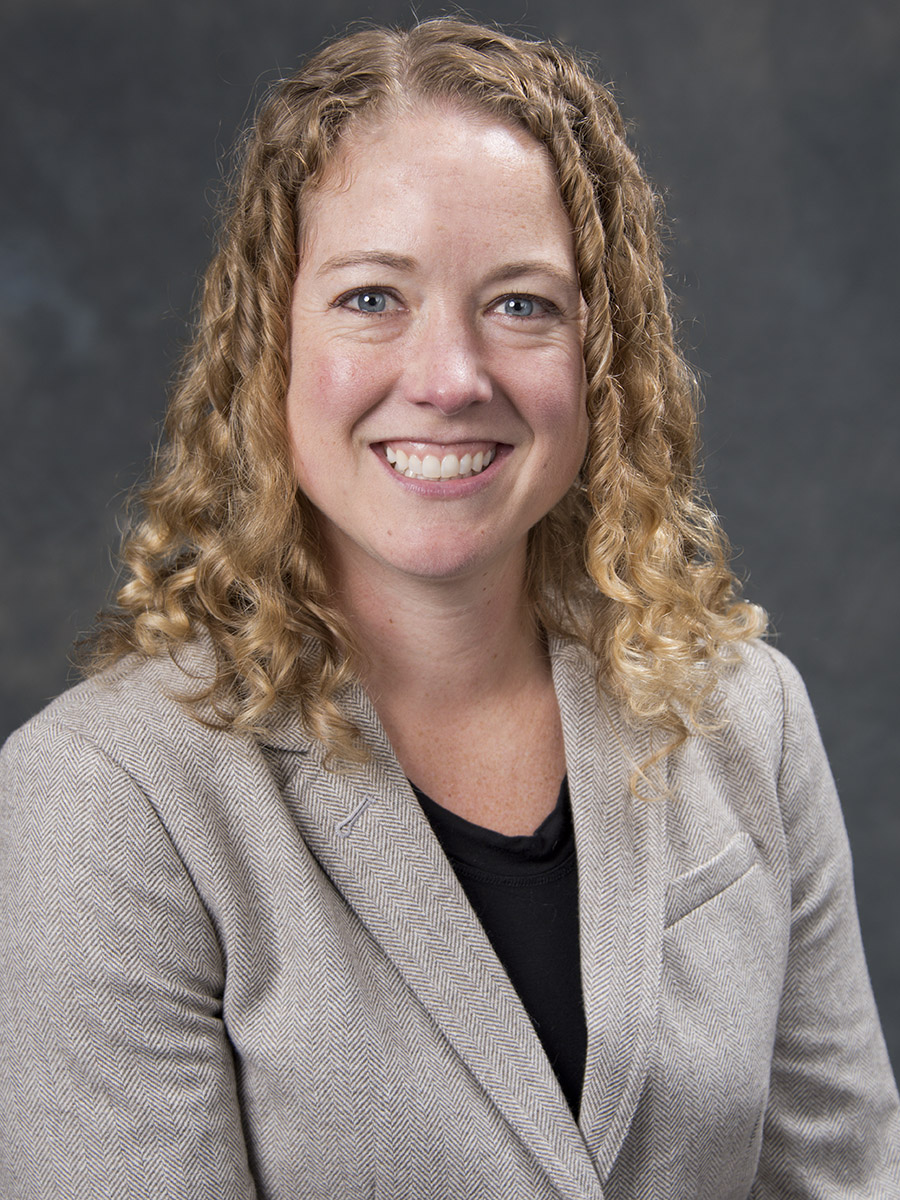Professor, O’Neill School of Public & Environmental Affairs, Indiana University
Sanya Carley
Interviewer: Sharon Jacobs, Interview date: June, 2019
Keywords: Decarbonization
Energy Justice
“There are in fact some negative or adverse consequences associated with [the green energy transition] that have to do with the way that both the benefits and the burdens are distributed across populations. … The transition will bring both job opportunities to frontline communities … and job losses. … We are trying to identify which communities might be burdened more than others … [including] those that are involved in legacy industries [like coal] … and households that might face higher energy energy prices and are not able to absorb those changes.”
“There’s a lot that government can do. First and foremost is to understand the dimensions of the problem. … Different places have fundamentally different challenges. … In places like Detroit we find that households struggle to pay their energy bill and as a result face very difficult decisions–such as decisions about heating or eating, or whether to pay their medical bill or their energy bill …”
“Energy justice [includes] procedural justice–who is involved in the process of making decisions. … When it comes to policies and programs to improve conditions for these households, the community members who are affected, burdened, should be allowed to participate in planning for solutions.”
Sanya Carley is a Professor at Indiana University’s O’Neill School of Public & Environmental Affairs. She is also Director of the Master of Public Affairs (MPA) and O’Neill Online MPA Programs. Professor Carley’s research focuses on policy and other efforts aimed at advancing the innovation of low-carbon and efficient energy technologies in both the electricity and transportation sectors.
“A Call for Energy Realism: When Immanual Kant Met the ‘Keep It In the Ground’ Movement,” Utah Law Review (2019)
To learn more about Sanya Carley, please visit her home page: HERE


Recent Comments